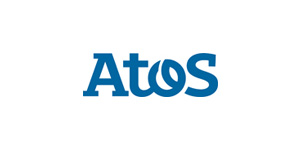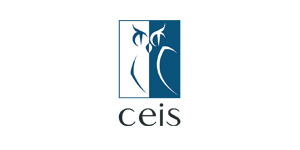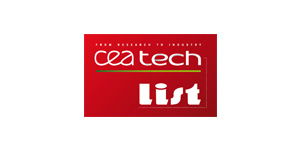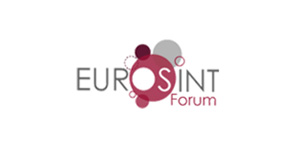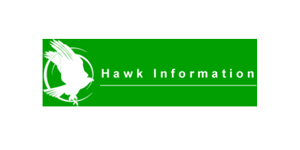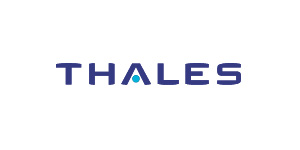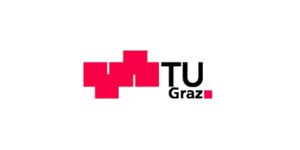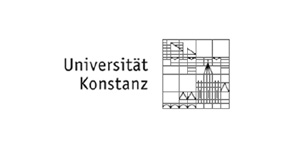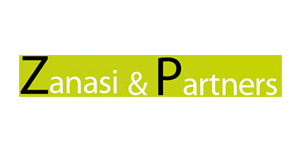
RECOBIA (REduction of COgnitive BIAses in Intelligence Analysis) is a cyber-intelligence research project, funded by EC FP7, which aims to improve the quality of intelligence analysis by reducing the negative impact due to cognitive biases in human operators.
Notwithstanding the great technological advances and the huge amount of available data, in the last decades it seems that intelligence failures have multiplied. One of the principal reasons is due to the presence of cognitive biases which forbids the analyst to profit correctly of the available data and information.
Cognitive biases are mental errors resulting from our instinctive desire to simplify decision making by reducing the amount of information and uncertainty we have to deal with. These biases typically operate on the unconscious level and result in cognitive shortcuts based on memory, experience, education, cultural background, political or ideological bias, heuristics or simple rules of thumb. The RECOBIA project aims to reduce their negative impacts. This goal is pursued at first making an assessment of cognitive biases and evaluating how these biases affect the practice of intelligence analysis. Building on this initial assessment, best practices to reduce the effects of cognitive biases are defined, likely to be found in the domains of software tools, analysts training, analytic techniques and methodologies, and organisational and operational issues.
The research is articulated in four steps:
- Perform an audit and assessment of cognitive biases;
- Review the main characteristics of the intelligence process;
- Map the cognitive biases to the intelligence process to discover how they might be reduced;
- Formulate a catalogue of solutions (requirements for software tools, draft of a curriculum for training and proposals for organisational/methodological modification).
The RECOBIA project brings together research centres, large industrial companies, and innovative SMEs with complementary competencies in the attempt to improve the efficiency of the intelligence analysis process also in the light of the latest technological developments that are shaping the way in which analysts carry out their work nowadays.
For additional details visit the RECOBIA project website: https://www.recobia.eu
Documentation
RECOBIA Project Partners
![]()
Project funded by the European Commission under the Seventh Framework Programme (FP7, grant agreement no. 285010)




